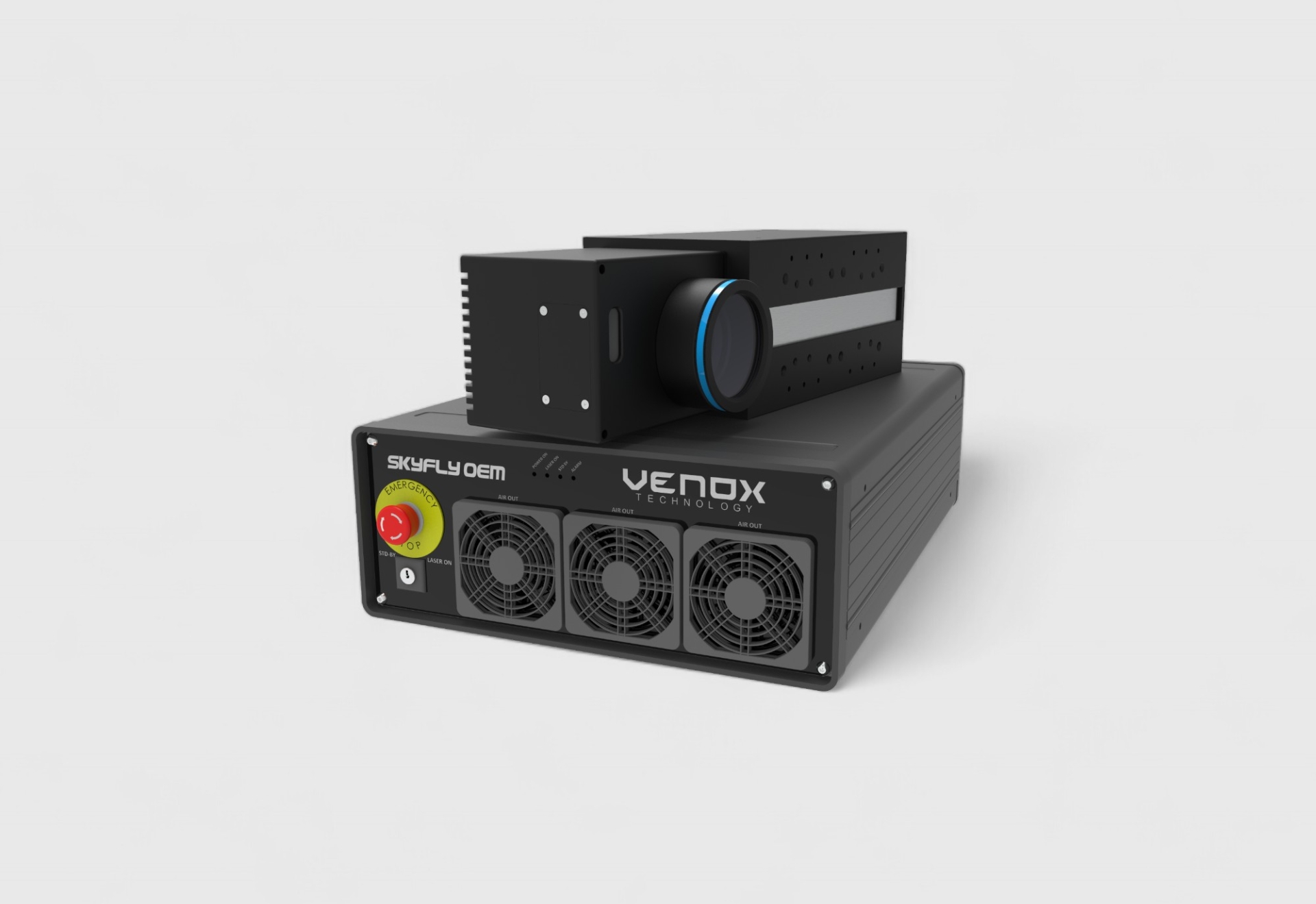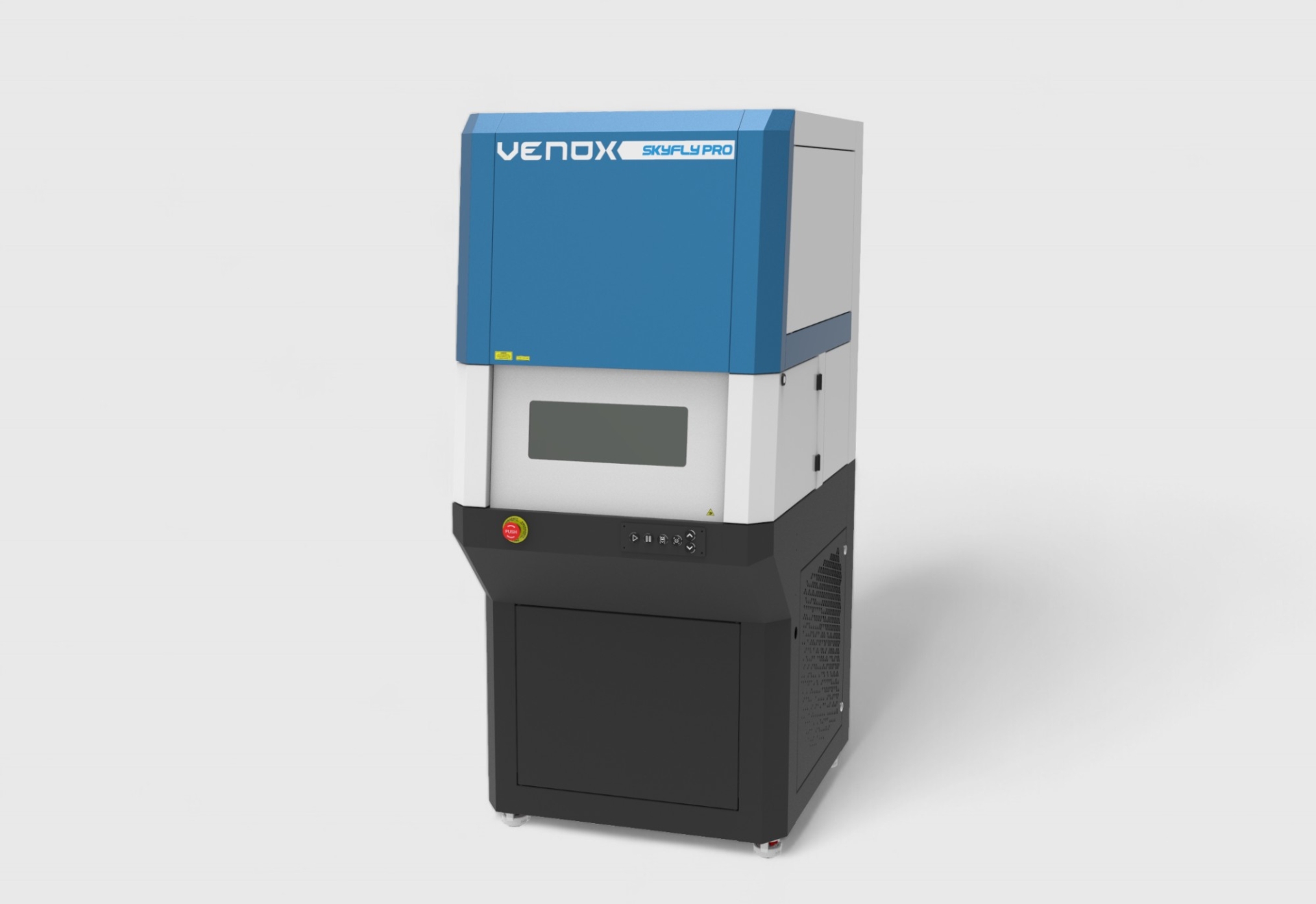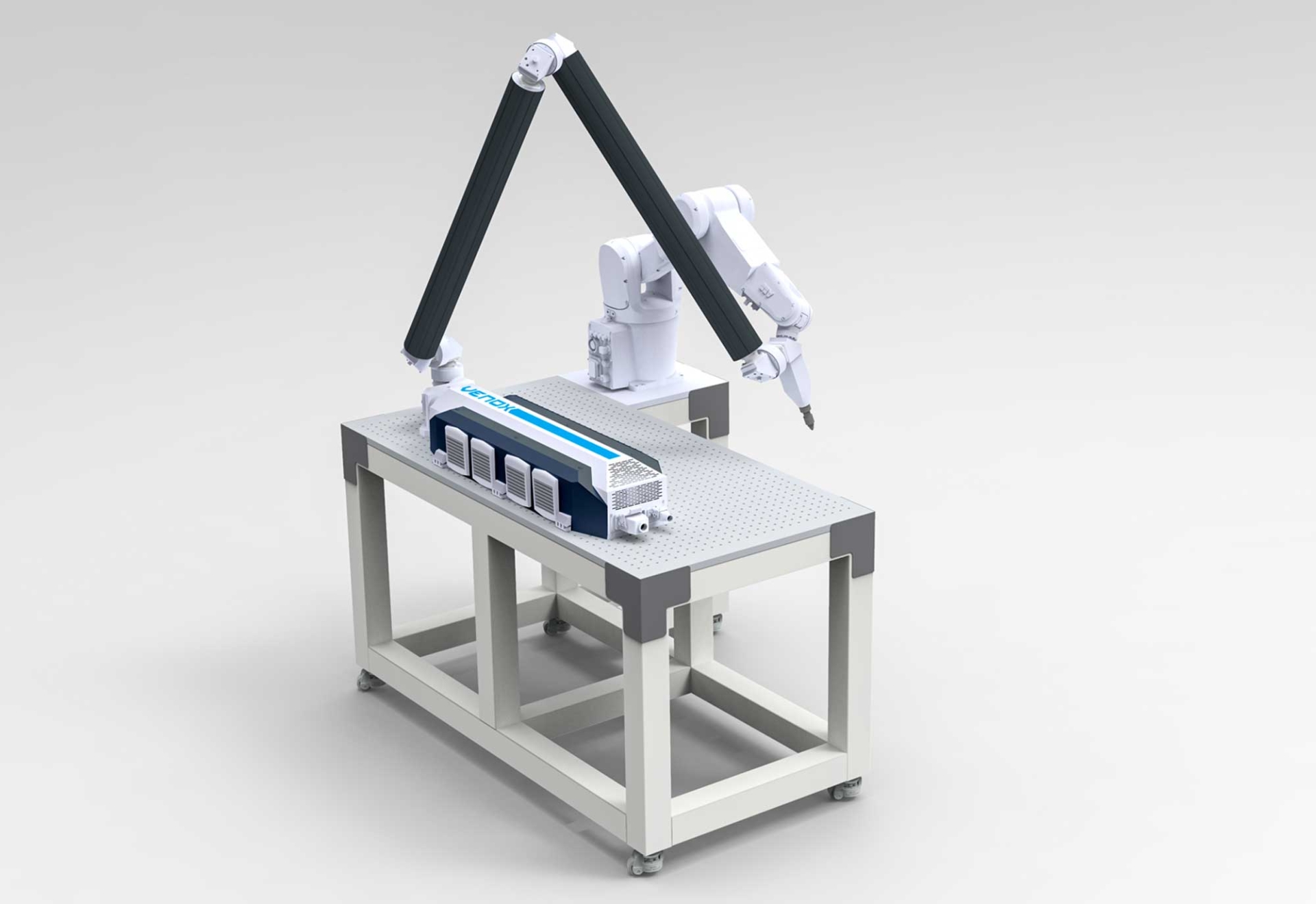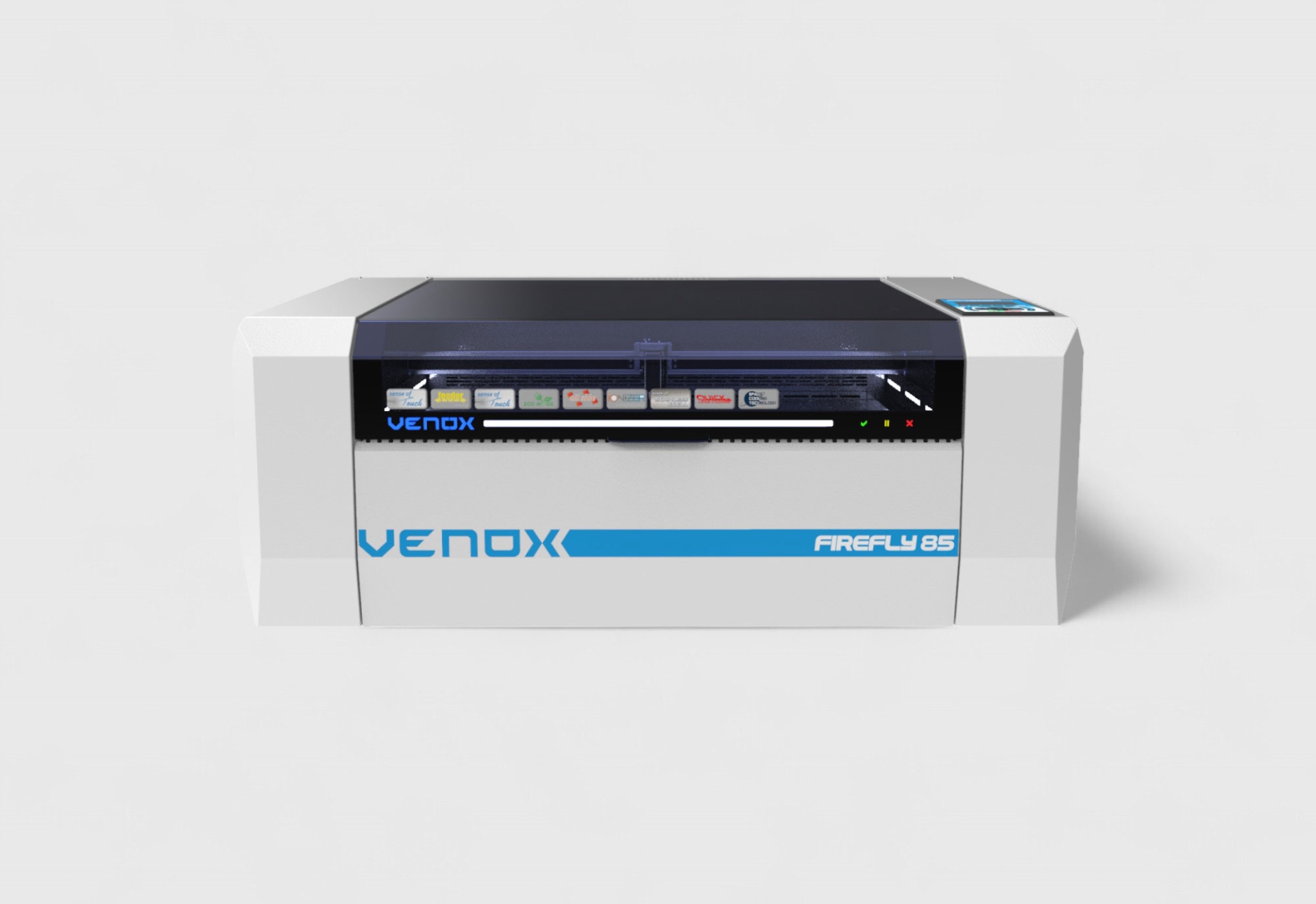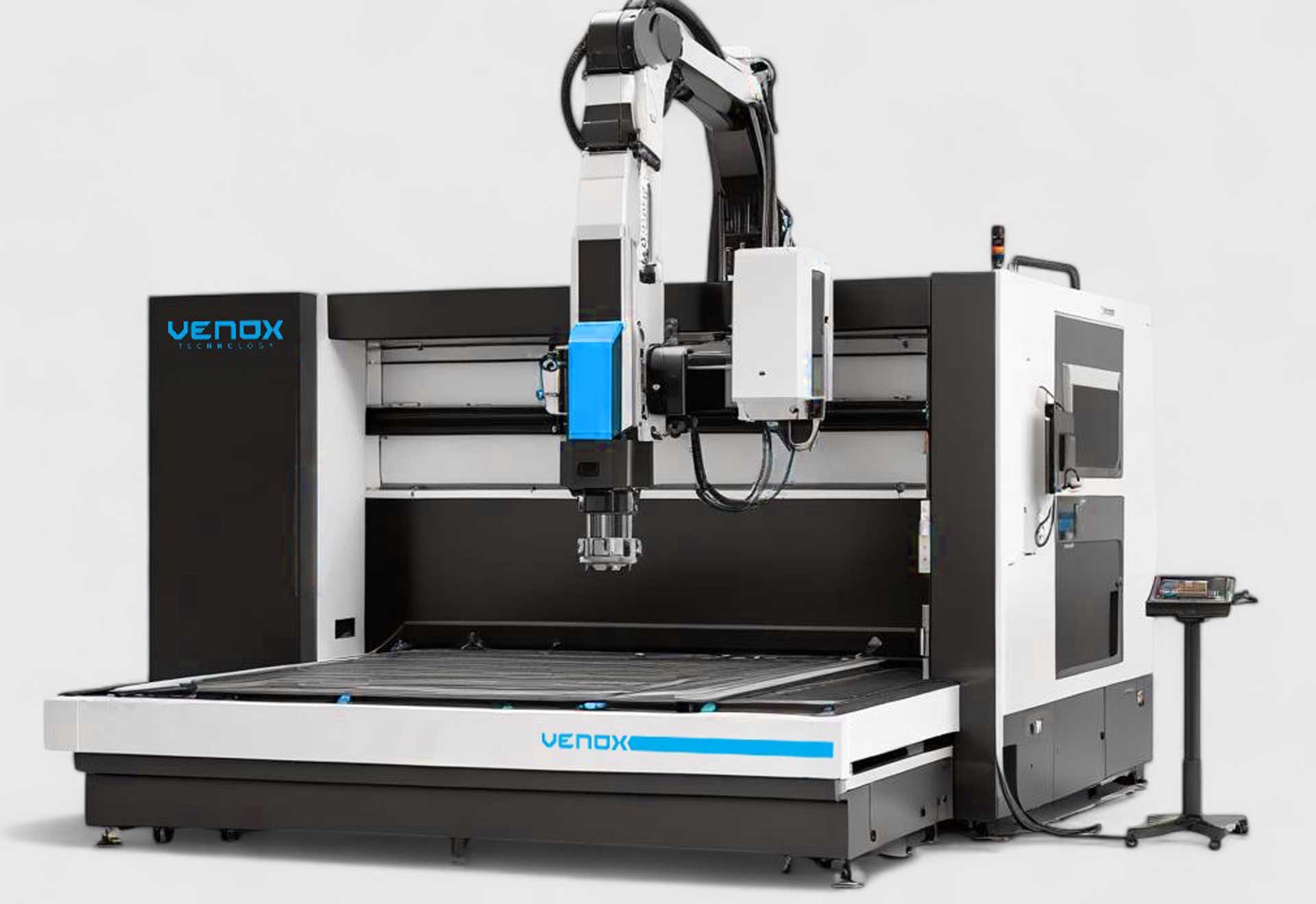Laser Marking of Serial and Model Numbers on Automotive Parts
Identification in the Automotive Industry: The Strategic Role of Serial and Model Numbers
The Growing Importance of Traceability in Today’s Automotive Sector
The automotive industry is a sector where hundreds of thousands of parts are produced at high speed on a global scale, and where quality and safety standards are implemented at the highest level. In this context, assigning a unique serial number and model number to each part produced is of great importance. These markings directly impact not only quality control processes but also supply chain management, warranty tracking, maintenance planning, and product safety.
The Necessity of Serial and Model Number Marking
Manufacturers complying with regulations and international quality standards (ISO/TS 16949, UNECE R10, etc.) need permanent marking solutions for traceability on a per-part basis. Serial and model numbers have become mandatory, especially on critical components such as engines, brake systems, safety units, and electronic control units. Without this data, it is impossible to distinguish counterfeit products from genuine ones.
The Insufficiency of Traditional Marking Methods
Methods such as labeling, inkjet printing, or mechanical engraving tend to fade, deform, or lack durability against external factors over time. Therefore, permanent, readable, fast, and contactless laser marking technology has come to the forefront. Laser systems can mark at the micron level without surface contact and with minimal thermal impact.
Reliable, Permanent, and Smart Marking Solutions with Laser Technology
Venox laser marking systems: Optimized Solutions for the Automotive Industry
Venox’s industrial laser marking systems ensure that data such as serial and model numbers are processed on automotive parts at high speed and with excellent quality. These systems can be directly integrated into production lines, detect parts automatically, perform marking, and process digital codes like data matrix/QR codes with high precision.
Fiber laser systems for high performance on metal parts
A significant portion of automotive parts are metal-based: engine blocks, chassis components, brake discs, axle parts, and more. Fiber laser technology is the ideal solution for high-contrast, deep, and durable marking on such parts. With a wavelength of approximately 1064 nm, it provides maximum impact with minimal heat input on metal surfaces.
Metal material laser marking with sample applications
- Engraving production date and model code on the engine block
- Marking chassis number and manufacturer information
- Part ID marking on brake system components
- Creating barcodes and QR codes on differential housings
These applications ensure product safety and service convenience for both manufacturers and end users.
Plastic materials and UV/fiber laser solutions
Many automotive components are made of plastic for aesthetic and lightweight design. Interior trim parts, dashboard components, airbag modules, and electronic housings can be marked with high contrast using UV or low-power fiber lasers. These processes are performed without damaging the surface or requiring additional cleaning.
Venox’s sector-specific solutions for automotive
Venox offers engineering solutions for challenges in the automotive industry such as high-volume production, variable part geometry, and material diversity. Laser systems supported by PLC control, multi-head lasers, rotary table systems, and moving axes can be integrated into production lines as automated workstations.
Integration into Production Lines and Automation
Direct integration of laser marking systems into production lines increases efficiency while minimizing human error. Marking stations integrated with automatic conveyor systems, barcode readers, and visual inspection cameras have become indispensable for smart factories.
Digital Traceability with Data Matrix and QR Codes
Serial/model numbers are now marked not only as text but also in QR code and Data Matrix format. These codes can be easily read by machines, transferred to ERP systems, and recorded throughout all production-to-field processes.
Quality Control and Verification Processes
Venox marking systems can be equipped with camera-assisted “read and verify” systems to control the quality of marked data. This helps identify errors such as incorrect or missing markings in advance, reducing downtime and minimizing waste rates.
Compliance with Legal Regulations
Traceability on automotive parts is mandatory in markets such as the EU and the US. Serial/model numbers processed with laser technology meet these legal requirements. They also facilitate product authentication, warranty management, and technical service requests.
Material-Based Laser Selection
- Stainless Steel / Aluminum: Deep and clear marking with fiber laser
- Plastic Parts (ABS, PP, PA): Marking without surface damage using UV laser
- Coated Surfaces: Coating removal or reverse contrast techniques
These selections are important for part lifespan, aesthetic appearance, and reading accuracy.
Long-Term Benefit: Permanent and Cost-Effective Laser Marking
With no need for consumables, low maintenance requirements, and long laser source life, the total cost of ownership (TCO) of laser systems is low. Additionally, they are environmentally friendly and help reduce the carbon footprint.
Venox Support Services
Venox offers not only products but also services such as application analysis, field inspection, test marking, software customization, operator training, and after-sales support. This enables customers to choose the most suitable laser solution for their specific production processes.
Compliance with Future Manufacturing Standards
Smart factories must operate with Industry 4.0-compatible laser systems and digital data management. Venox laser systems are at the heart of this transformation, offering real-time data transmission, remote monitoring, automatic error reporting, and energy-efficient solutions that are ready for the future.
Conclusion: The Key to Safe Production Through Permanent Identification
Strategic Advantages of Laser Marking
- Permanent, readable, and durable marking
- Legal compliance and protection against counterfeiting
- Synchronization with high-speed production
- Multi-material support (metal, plastic, coated surfaces)
- Integration with automation and quality control systems
- Low operating costs and environmentally friendly production
Choose the Right Technology with Venox
To determine the right laser system for your production needs, visit the Venox laser marking systems page. Learn more about our fiber laser solutions, automotive industry-specific solutions, and our metal and plastic application areas to make your marking process more efficient and secure.
